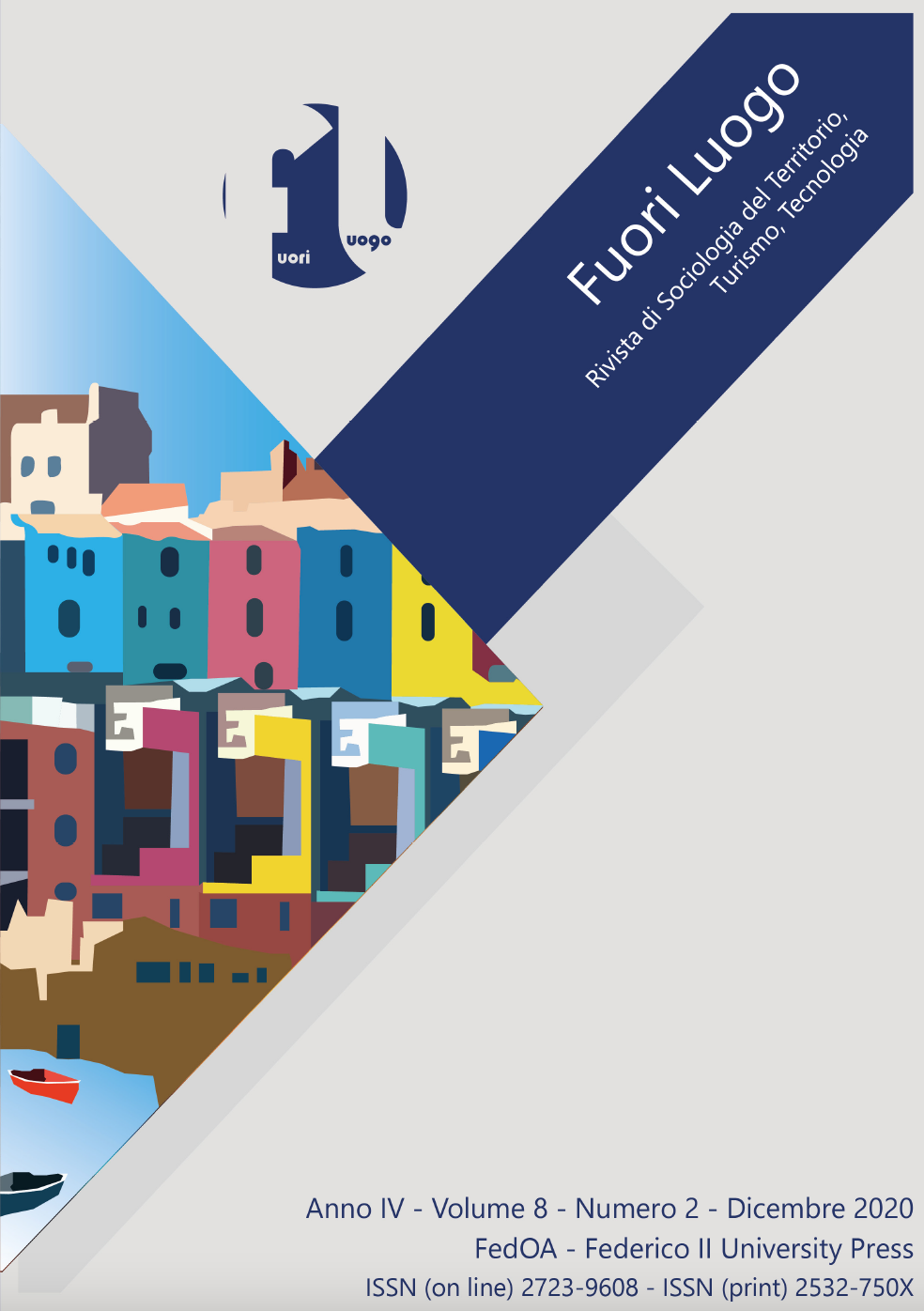Rethinking social inequality through post-pandemic tourism
Abstract
Tourism was certainly one of the sectors hardest hit by the pandemic, in economic, cultural and social terms. Before Covid-19, travel and tourism had become one of the most important sectors of the world economy, accounting for 10% of global GDP and over 320 million jobs worldwide. At the dawn of the era of air mobility, in 1950, there were "only" 25 million people traveling for international tourism. By 2018, this number had exceeded 1.4 billion and the travel and tourism sector had grown to disproportionate proportions, so much so as to progressively speak of overtourism and containment of tourist carrying capacity. From 25 million international tourism arrivals in the 1950s, traveler numbers have reached, decade after decade, 450 million in 1990 to rapidly explode to 1 billion arrivals in 2010 and 1.5 billion in 2019 (UNWTO, 2020 ). As one of the largest employers globally (1 in 10 jobs are directly related to tourism and the main contributor to GDP for several countries), the link between tourism and Covid-19 is the epicenter of all political discussions and international economies. [...]
Downloads
Copyright (c) 2021 Fabio Corbisiero

This work is licensed under a Creative Commons Attribution 4.0 International License.




